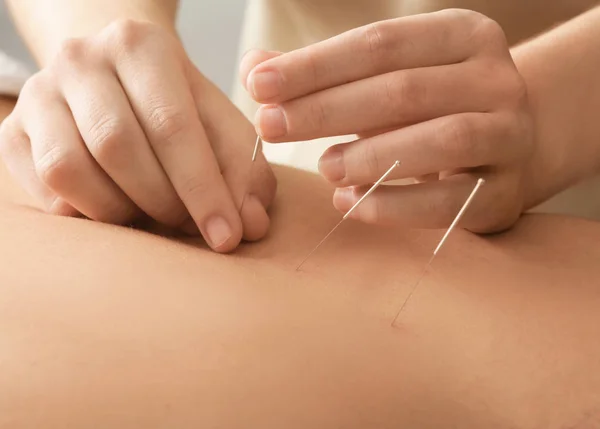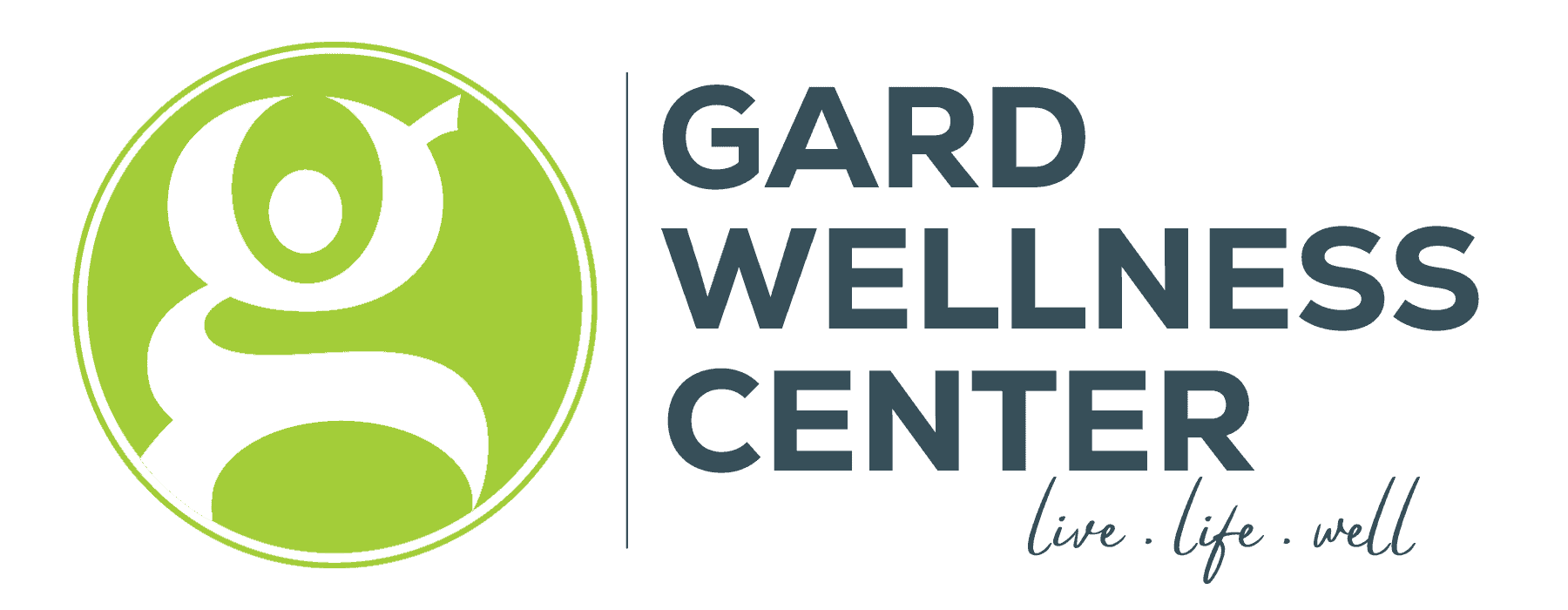Acupuncture‘s Surprising Role in Modern Stress Management
Acupuncture for stress relief is a powerful, time-tested method that can help you find calm in today’s hectic world. This ancient Chinese practice involves inserting thin needles into specific points on your body to restore balance and reduce stress. Surprisingly, modern science is catching up with what traditional healers have known for centuries. More and more doctors are now recommending acupuncture as a natural way to manage stress. By combining old wisdom with new research, acupuncture offers a unique approach to tackling stress that goes beyond just treating symptoms. It aims to heal your whole body and mind, giving you a fresh perspective on relaxation and well-being.
The Science Behind Acupuncture’s Stress-Busting Effects
How Acupuncture Affects Your Body’s Stress Response
When you feel stressed, your body gets ready to fight or run away. Your heart beats fast, your muscles feel tight, and hormones like cortisol rush through your body. Acupuncture can help relax how your body reacts to stress.
Studies show that acupuncture may lower stress hormone levels and activate the body’s natural relaxation response. It does this by stimulating certain points on the body that connect to your body’s wiring. This sends signals to your brain to relax and unwind.
Comparing Acupuncture to Other Stress Relief Methods
While deep breathing or meditation are great ways to deal with stress, acupuncture provides some special help:
- It works on both the mind and body
- Effects can last for days or weeks after treatment
- May help with related issues like anxiety and sleep problems
Research shows that acupuncture can work as well as some medicines for reducing stress, but without unwanted effects. In one test, people who received acupuncture had lower stress levels than those who just relaxed.
Acupuncture isn’t a fast solution, but regular visits can help you handle life’s good and bad times better. If you want to try it, speak to a licensed acupuncturist about how it might be part of your stress control plan.
Unveiling the Hidden Benefits: Beyond Stress Relief
Acupuncture isn’t just about relaxing. It has special abilities! Let’s look at some neat things acupuncture can do for you:
Better Sleep and Digestion
Imagine waking up feeling refreshed and ready to take on the day. Acupuncture can help you sleep well by relaxing your mind and body. It’s like giving your brain a soft squeeze, telling it to rest.
Your stomach will thank you too! Acupuncture can help with problems like indigestion. It’s like using a special tool to help your belly feel better, making things work well.
Boosting Your Overall Well-being
Acupuncture helps your whole body feel good. It doesn’t just fix one thing, it helps everything work together better. Think of it as giving your body a thumbs up, telling it to be as healthy as possible.
The Acupuncture Experience: What to Expect in Your First Session
Don’t worry about trying acupuncture for the first time. Here is what will happen:
You will talk to the needle doctor about how you are feeling. 2. You’ll lie down on a comfy table. 3. The acupuncturist will gently place tiny needles in specific spots on your body. 4. You’ll rest for a bit, maybe even take a nap! 5. The needles come out, and you’re done!
Most people say it is not painful and they feel very calm after getting their shot.
Tips for Making the Most of Your Acupuncture Session
These simple tricks can help you succeed:
- Wear comfy clothes
- Eat a light meal before your session
- Stay hydrated
- Take it easy after your treatment
Remember, acupuncture is like a friend helping your body feel good. It’s not just about relaxation; it’s about helping you feel great all over!
Personalized Acupuncture: Tailoring Treatments to Individual Stress Patterns
Acupuncture may not work the same for everyone when reducing stress. Experienced acupuncturists will make each treatment different for each person based on how their body handles stress. They look at everything – what you do each day, how you feel, and your general health – to help you in the best way.
Holistic Assessment: The Key to Effective Acupuncture
Before putting in any needles, acupuncturists take time to learn about what is bothering you. They may ask about:
- Your sleep patterns
- Eating habits
- Work environment
- Physical symptoms like headaches or muscle tension
This overall view helps them choose the correct points on your body to target what is causing your stress.
Tailored Approaches for Different Stress Symptoms
Dealing with stress is different for each person. Here is how needle therapy could be adjusted:
- For anxiety: Focus on calming points on the head and ears
- For work burnout: Target points to boost energy and mental clarity
- For stress-related digestive issues: Concentrate on abdominal points
Case Studies: Real-Life Stress Relief Success Stories
Meet Sarah: A busy lawyer who is often stressed – Symptoms: Insomnia, jaw clenching, irritability – Acupuncture approach: Weekly sessions focusing on sleep quality and tension release – Results: After 2 months, Sarah slept better and felt more relaxed at work
Tom has been dealing with a sickness for a long time. It’s been hard on him and causes a lot of worry. He gets tired all the time and can’t do all the things he likes. Some days are better than others but it’s still tough. All the doctor visits and medicine make it stressful. Tom just wants to feel good again. His sickness is difficult to live with. – Symptoms: Pain flare-ups, anxiety about health – Acupuncture approach: Combined pain management and stress-reduction points – Results: Reduced pain levels and a more positive outlook on managing his condition
The stories show how getting acupuncture treatment that is customized for each person can really help deal with stress over a long time. Many people who get treatments find that doing it regularly makes them want to make other good choices for their health, causing other good things to happen in other parts of their lives too.
Integrating Acupuncture into a Comprehensive Stress Management Plan
Feeling stressed? You’re not alone! Lots of people are trying to find ways to handle their stress, and getting needled might be just the thing you need. Let’s talk about how this old method can help with other things you do to relax and feel peaceful inside.
Combining Acupuncture with Other Stress-Relief Methods
Imagine your stress management plan as a collection of techniques. Needle therapy is like an effective new approach you can add to it. It works well on its own, but it’s even better when used with other methods you may already be using:
Mindfulness: Try taking a few minutes to be calm and quiet before your acupuncture appointment. This can help your body and mind relax so you get the full benefits from your treatment.
A gentle yoga class or a quick walk after getting acupuncture can help your body adjust to the treatment.
Eating healthy foods can make acupuncture even better for your health. Choosing foods that are nutritious gives your body what it needs to feel its best.
How Often Should You Get Acupuncture for Stress?
People are all unique. Here is a basic overview:
- Start with 1-2 sessions per week for 4-6 weeks.
- As you feel better, you can space out treatments to once every 2-4 weeks.
- For ongoing stress management, many people find monthly sessions helpful.
Remember, being calm is something you can get better at with time – practicing relaxation helps your body learn.
DIY Acupressure for Quick Stress Relief
Can’t go to see an acupuncturist? No problem! You can use finger pressure at home or when you are out. Here is an easy point to try:
- Close your eyes and focus on the area right between your eyebrows and above the bridge of your nose.
- Press gently with your fingertip for 1-2 minutes.
- Take slow, deep breaths while you do this.
This spot is nice for relaxing your thoughts and lessening worry. While it’s not as good as a whole acupuncture visit, it can give quick help when you’re feeling tense.
By adding needle therapy to your stress management plan and learning some easy techniques you can do yourself, you’re giving yourself helpful ways to deal with stress. Remember, everyone handles stress in their own way, so be nice to yourself and patient as you try different things to see what works best for you.
Debunking Myths: Separating Fact from Fiction in Acupuncture for Stress Relief
Acupuncture has been used for many years to help people deal with feeling worried or tense, but there are still many untrue ideas about this old treatment. Let’s make things clear and look at what science really knows about using acupuncture to feel less stressed.
Myth vs. Reality: What Does Science Say?
Myth: Acupuncture is just a placebo effect. Reality: While the placebo effect can play a role in any treatment, studies show that verum acupuncture (real acupuncture) outperforms sham acupuncture in reducing stress. A recent study found that people who received real acupuncture had lower cortisol levels and reported feeling less stressed than those who got fake treatments.
Myth: Acupuncture only works if you believe in it. Reality: Your belief doesn’t determine how well acupuncture works. Research shows that acupuncture can affect your nervous system and heart rate even if you’re skeptical. It’s not magic – it’s biology!
Myth: There’s no scientific evidence supporting acupuncture for stress. Reality: Actually, there’s a growing body of research backing up acupuncture’s stress-busting powers. Studies have shown that acupuncture can help lower stress hormones, reduce anxiety, and improve overall well-being.
The Future of Acupuncture in Stress Management
We’re learning more about how acupuncture could help people deal with stress.
Researchers are looking at how acupuncture may help those with very stressful jobs, like doctors, nurses, and soldiers.
Tech works with tradition: New devices are being created to make acupuncture more exact and perhaps even allow for treatments at home.
Personalized help: Doctors are trying to change how acupuncture helps each person based on how their body deals with stress, to make it work even better.
The most important thing is that acupuncture is not just an old way of healing – it is something backed by science that could be very helpful for how we deal with stress in the future. So, the next time you feel really stressed out, you may want to give acupuncture a chance!
Beyond the Needle: Embracing Holistic Stress Relief
As I think about how acupuncture really helps with stress, I remember all the people I’ve helped feel calm and peaceful through this old healing method. At Gard Wellness Center, we believe being healthy means treating the whole person, and acupuncture is just one of many natural ways we can help. If you want to take charge of your stress and start feeling really good, why not try acupuncture? Our nurses who know what they’re doing can help you on your way to feeling better. Don’t let stress get in your way anymore – sign up for your appointment now by clicking “New Patients Schedule Here” on our main website page. Your journey to feeling relaxed begins right here!

